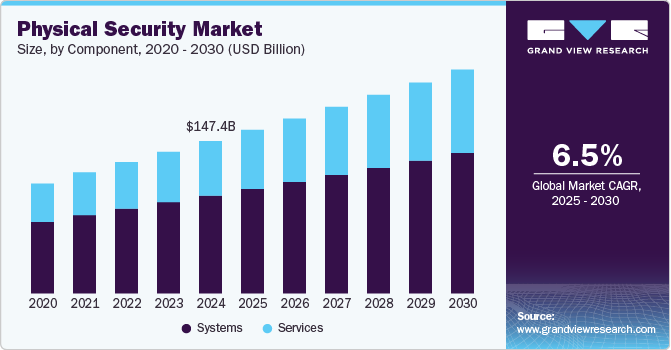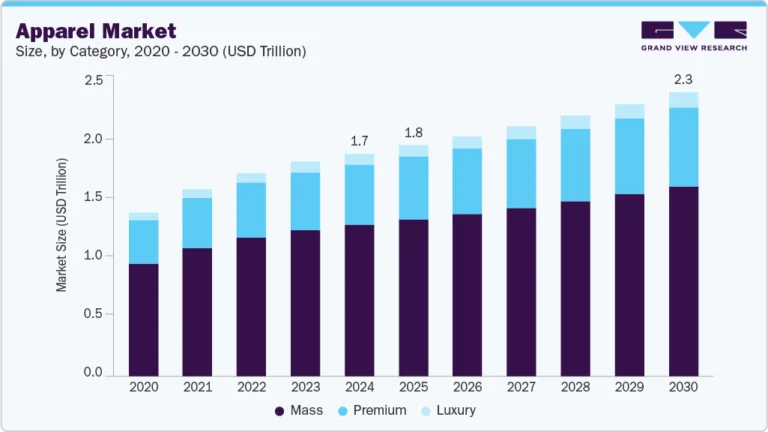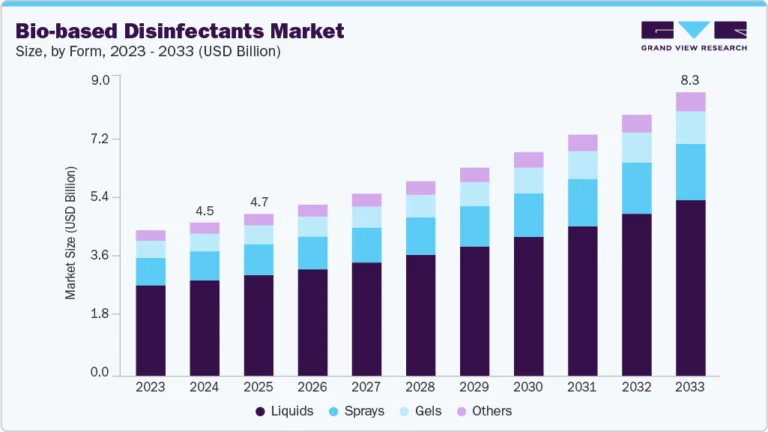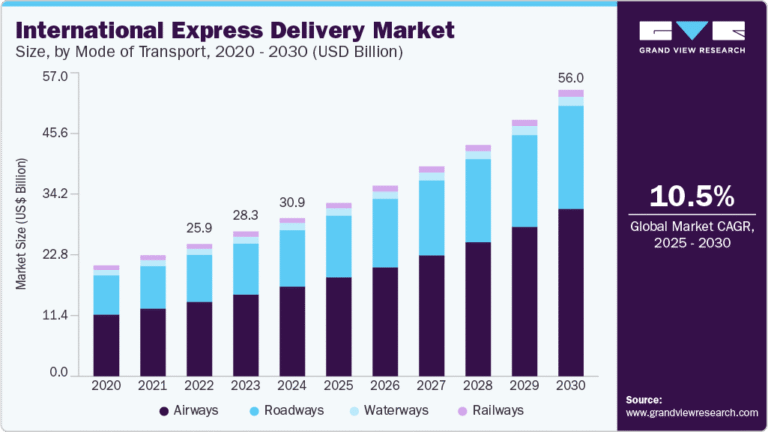Modular Instruments Market Size, Share & Trends Analysis growing at a CAGR of 9.7% from 2025 to 2030
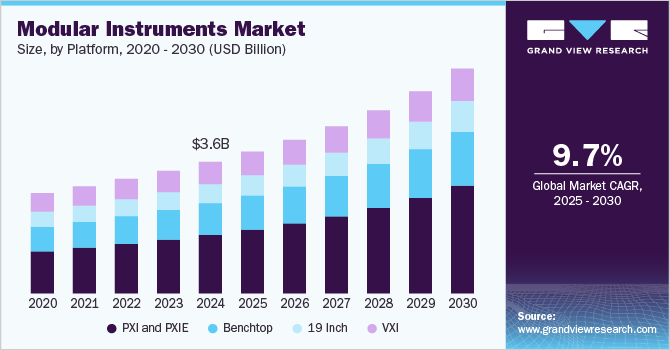
The global modular instruments market size was estimated at USD 3,550.8 million in 2024 and is projected to reach USD 6,066.8 million by 2030, growing at a CAGR of 9.7% from 2025 to 2030. The growth of the market can be attributed to the enhanced capabilities of modular instruments to integrate with software-defined platforms.
Key Market Trends & Insights
- In terms of region, North America was the largest revenue generating market in 2024.
- Country-wise, the Philippines is expected to register the highest CAGR from 2025 to 2030.
- In terms of segment, pxi and pxie accounted for a revenue of USD 1,719.6 million in 2024.
- PXI and PXIE are the most lucrative platform segment registering the fastest growth during the forecast period.
Market Size & Forecast
- 2024 Market Size: USD 3,550.8 Million
- 2030 Projected Market Size: USD 6,066.8 Million
- CAGR (2025-2030): 9.7%
- North America: Largest market in 2024
Request a free sample copy or view report summary: https://www.grandviewresearch.com/industry-analysis/modular-instruments-market/request/rs1
Incumbents of industries, such as semiconductor manufacturing and automotive testing, increasingly rely on automation and precision. At the same time, as Internet of Things (IoT) and 5G technologies advance, the demand for adaptable testing solutions that can handle high-speed data transmission and multifaceted connectivity scenarios is poised to grow. Such factors are expected to contribute to the growth of the market.
The adoption of Industry 4.0 principles and the Internet of Things (IoT) is significantly driving the growth of the global modular instruments market. Industry 4.0 refers to integrating smart technologies, automation, data exchange, and cyber-physical systems in manufacturing. It involves innovations such as advanced robotics, AI-driven analytics, machine learning, and the widespread use of connected devices that communicate and share data in real-time. This industrial transformation has created an increasing demand for flexible, high-precision measurement tools that adapt to modern manufacturing environments’ diverse needs. Modular instruments are particularly well-suited for Industry 4.0 environments due to their scalability, adaptability, and ability to integrate with other smart systems.
Integrating artificial intelligence (AI) and machine learning (ML) with modular instruments represents a significant growth opportunity for the modular instruments market, as it enables industries to leverage advanced data processing and analysis capabilities for enhanced performance and operational efficiency. Modular instruments designed to be flexible and easily customizable to meet specific testing and measurement needs can benefit greatly from the predictive and analytical power of AI/ML algorithms. These tools allow modular instruments to not only collect data but also to interpret it in real time, detecting patterns, predicting outcomes, and automating corrective actions in ways that traditional instruments cannot. This integration is increasingly relevant across industries, such as telecommunications, automotive, aerospace, and healthcare, where complex data is generated, and high precision is critical.

